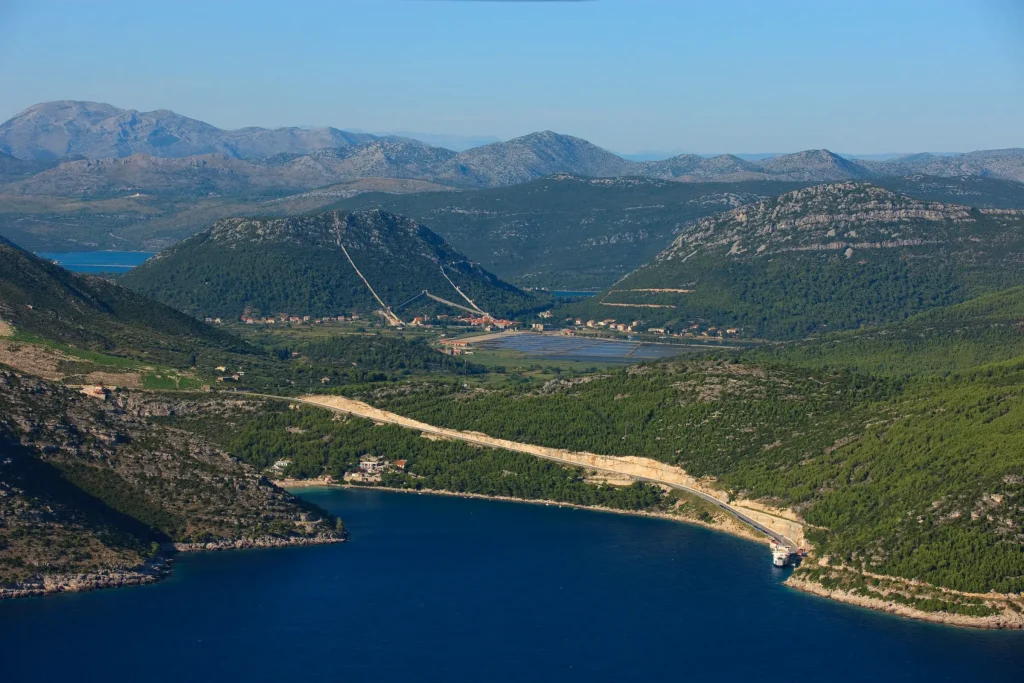As Novac/Dora Koretic writes on the 10th of June, 2020, where does one possibly start when it comes to HDZ’s announcement about creating a domestic booking portal which, as some on the political scene belonging to a certain party have dreamed, should offer Croatian accommodation to foreigners for only five percent of the commission, and do it better and more successfully than the world’s most well established platforms?
We should first look at the sheer absurdity of the idea that a state institution, possibly the Croatian National Tourist Board (HTZ), would have the financial means and work capacity to maintain a system in which the world’s most famous booking platforms invest 10 billion US dollars a year in advertising, which is as much as 200 times more than the CNTB’s annual budget. On top of that, as Emanuel Tutek from BlueRock explained, this astonishing initiative could best be described by the words “selling hot water”, by which we mean the designing of products that quite simply already exist.
”Here we have several perspectives: why offer a product that isn’t new and innovative in any way shape or form, and that has been functioning better and more successfully across the world for many years, and then how would such a system be financed at all, do they know that international companies invest up to several billion dollars a year alone in the development and the research of such platforms!?” Tutek wonders, doubting the skill of the Croatian state and the utterly dire public administration to maintain such a complicated system.
”Let’s just remember how long we waited for our umbrella marketing agency to create a new website or launch an e-Visitor system that is far less complex than a booking platform that should have worldwide reach would be. If the idea behind this was to improve domestic accommodation, then it should not be done by encouraging its sale but by encouraging its improvement, which will then affect its better placement on foreign booking platforms,” says Tutek.
The founder of the Rentlio application for the management of tourist facilities, Marko Misulic, said that this pre-election initiative from HDZ stands out primarily for its market unfoundedness, its total departure from reality and the (very) questionable quality of its performance.
”The strength of the global leaders among booking platforms lies precisely in consolidating and generating demand, in their global recognition and standardisation of the user experience. I don’t see a way for one state portal to achieve all of this. It’s difficult for me to assess how this state booking portal plans to generate demand that would compete with global platforms and offer it all for a much lower price of the service than the average market price. But what isn’t difficult to assess is the outcome of such ideas,” says Misulic, warning that HDZ has many other ways at its disposal to increase the competitiveness of the domestic tourism sector. This isn’t one of them.
In addition, the world has already followed several similar national initiatives, and they all burned down before they came to fruition.
As Horwath HTL partner Sinisa Topalovic warns, national booking portals aroused a level of enthusiasm among political elites way back in the early 2000s when some countries started with such ideas and ingloriously ended their ”trip” when entering into such deep entrepreneurial waters.
”This isn’t merely a single project but a serious business venture that, in addition to investing in development, requires top quality customer service, support in key foreign languages, the most advanced technological infrastructure available and adequate marketing which, it turns out, should be financed from five percent commission,” says Topalovic when referencing HDZ’s truly bizarre idea.
In addition, the founder of thinktourism, Katarina Milicevic, points out that Croatia doesn’t even have a unique system of analytics in tourism adapted to today’s digital needs, let alone the strength to invest in something so complex.
”I assume that the creators of this idea aren’t aware of how complex the system is, how much time and analysis it takes to create such a system and the weight of such an investment if it is meant to function according to the requirements of today’s and future markets. There are currently many more important things in the Croatian tourism sector to deal with than this. In addition to so many global platforms that have been working for years on improving, adapting to market trends, credibility and the strength of their own brand, this idea just has no financial justification,” claims Milicevic.
If all this has not been enough, skepticism should be expressed in the willingness of Croatia’s plethora of private renters to entrust their business to a national platform…
Be it right or be it wrong, in a country where the infamous and often mysterious world of the zimmer frei, sobe and free rooms sign lives on hiding its earnings from the cruel scissors of the tax man – does anyone really believe that private renters, between Booking.com and Airbnb, will choose a platform that sits right in the hands of the state? Probably not.
For more, follow our business page.









